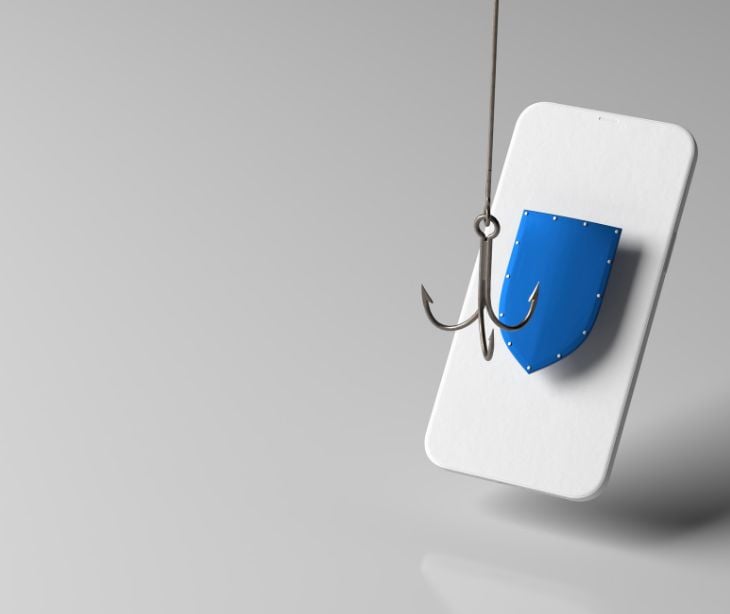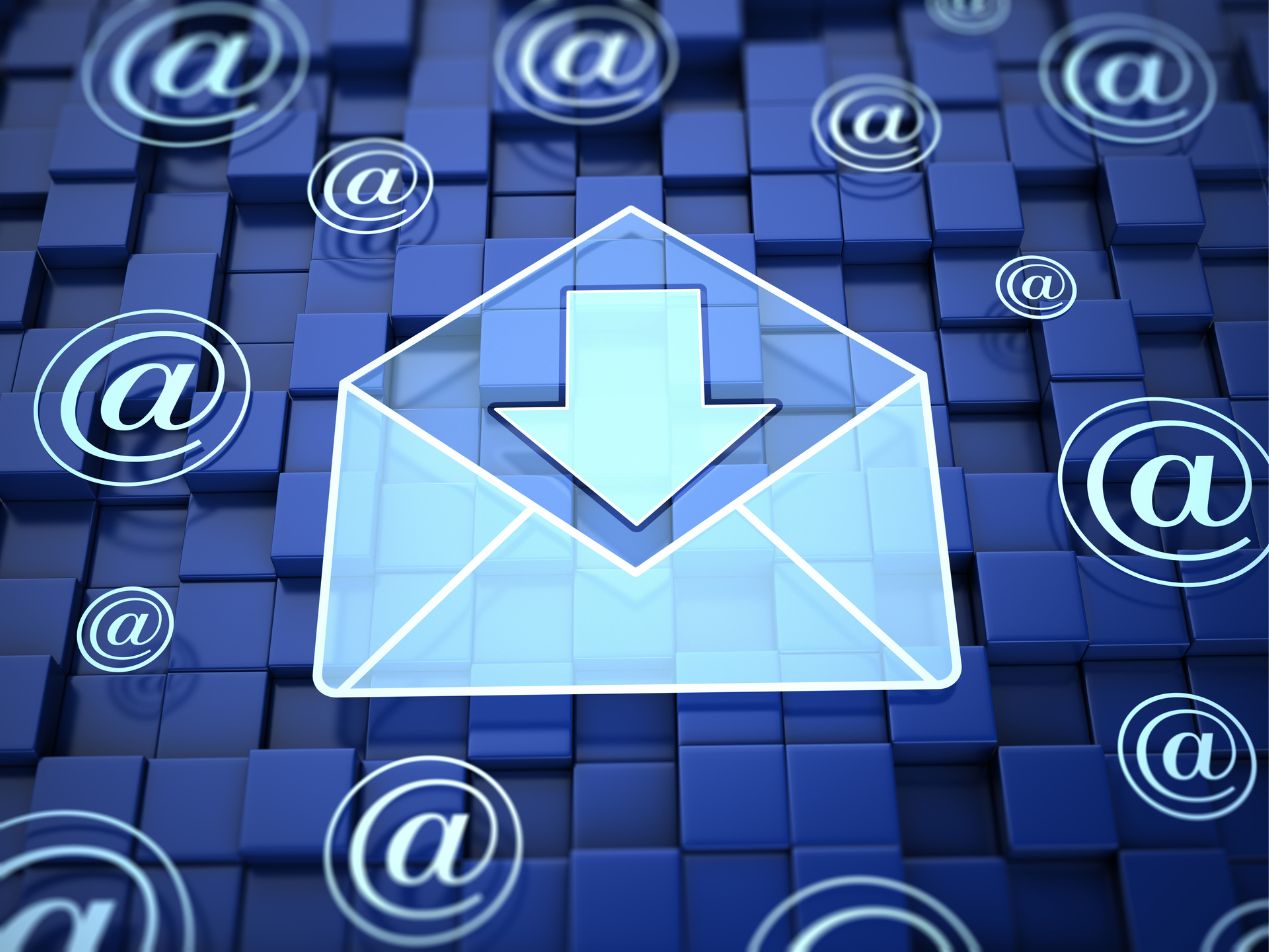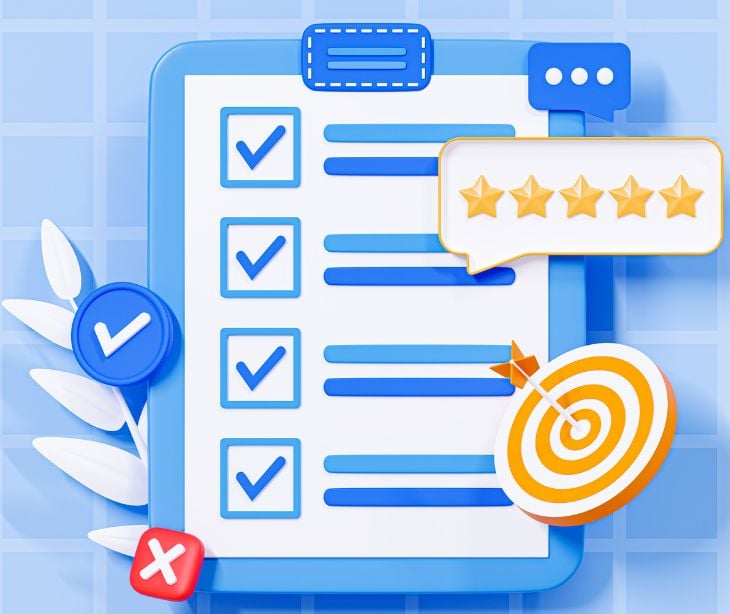
Phishing attacks breach HIPAA rules by tricking healthcare employees into disclosing protected health information (PHI) or granting unauthorized access to healthcare systems. These attacks often involve deceptive emails that appear legitimate, enticing staff to click on links leading to counterfeit websites where they inadvertently enter login credentials or PHI. This unauthorized disclosure or access compromises the confidentiality and security of patient data, directly violating HIPAA's Privacy and Security Rules. Additionally, phishing can result in the installation of malware or ransomware in healthcare systems.
What is email phishing?
Email phishing is a cyber attack method where attackers send deceptive emails designed to trick recipients into revealing sensitive information, clicking on malicious links, or downloading harmful attachments. These emails often exploit the recipient's trust to access confidential data, financial details, or login credentials. The goal of phishing is usually to steal personal information, commit financial fraud, or infect systems with malware, posing a significant threat to individual and organizational cybersecurity.
See also: Why HIPAA breaches related to email are so common
How do phishing attacks affect healthcare organizations' HIPAA compliance?
- Initial breach through phishing email: The attack begins when a healthcare employee receives a phishing email. This email, often disguised as a legitimate communication, may prompt the employee to click on a malicious link or attachment, or to provide sensitive information such as login credentials.
- Unauthorized access to PHI: Once the attacker gains access through the information provided by the employee, they can potentially access, steal, or manipulate PHI. This unauthorized access or disclosure of PHI is a direct violation of HIPAA’s Privacy Rule, which requires the protection of patient data.
- Potential installation of malware or ransomware: In some cases, the phishing attack may also involve the installation of malware or ransomware on the healthcare organization’s systems. This can compromise the integrity and availability of patient data, which is also protected under HIPAA.
- Disruption to healthcare operations: Such attacks can disrupt healthcare operations, potentially leading to delayed or compromised patient care, further implicating the organization in HIPAA non-compliance issues related to patient safety and quality of care.
- Risk assessment failure: Under HIPAA’s Security Rule, healthcare organizations are required to conduct regular risk assessments and implement security measures to safeguard ePHI. A successful phishing attack could indicate a failure in these security measures, highlighting non-compliance with this aspect of the HIPAA Security Rule.
- Notification and reporting breaches: Following a phishing attack that results in a breach of PHI, HIPAA mandates that healthcare organizations report such incidents. Failure to report in a timely and compliant manner further adds to the HIPAA non-compliance.
- Mandatory remediation efforts: Post-attack, the organization must undertake remediation efforts to address vulnerabilities, improve security posture, and regain compliance. This often involves significant financial and operational resources.
See also: What is an email phishing attack?
Solutions against email phishing
- Paubox ExecProtect: This is a specialized email security solution designed to address targeted phishing attacks, often known as spear-phishing. Paubox ExecProtect works by specifically protecting executive-level email accounts, which are common targets for hackers due to their high-level access and authority. The system uses advanced algorithms and filters to detect and block phishing attempts, including those that use domain name spoofing, where attackers mimic a legitimate domain to trick recipients.
- Employee training and awareness: Educating staff about the dangers of phishing and how to recognize suspicious emails is necessary. Regular training sessions and simulated phishing exercises can improve employees' ability to spot and avoid phishing attempts, reducing the risk of successful attacks.
- Regular software updates and patch management: Keeping all systems and software up to date, including email platforms, can help close security gaps that phishers might exploit.
- Advanced email filtering: Beyond Paubox ExecProtect, employing advanced email filtering solutions such as Paubox geofencing, across the organization can help in identifying and blocking phishing emails before they reach the end user. These filters scan emails for malicious links, attachments, and other common indicators of phishing.
- Incident response planning: Having a robust incident response plan in place ensures that, in the event of a phishing attack, the organization can react swiftly to mitigate damage, including potential breaches of HIPAA compliance.
See also: HIPAA Compliant Email: The Definitive Guide
See also: Top 10 HIPAA compliant email services
FAQs
What are the consequences of phishing emails?
The consequences of phishing emails include unauthorized access to personal and sensitive information, financial losses, identity theft, and the potential installation of malware on the victim's computer or network.
What is the difference between a legitimate email and a phishing email?
The difference between a legitimate email and a phishing email is that a legitimate email comes from a trusted source and contains accurate information, while a phishing email is deceptive, appearing to come from a reliable source.
What is the main purpose of email phishing?
The main purpose of email phishing is to deceive individuals into providing sensitive information such as usernames, passwords, and credit card details, or to trick them into downloading malicious software.
Subscribe to Paubox Weekly
Every Friday we bring you the most important news from Paubox. Our aim is to make you smarter, faster.




